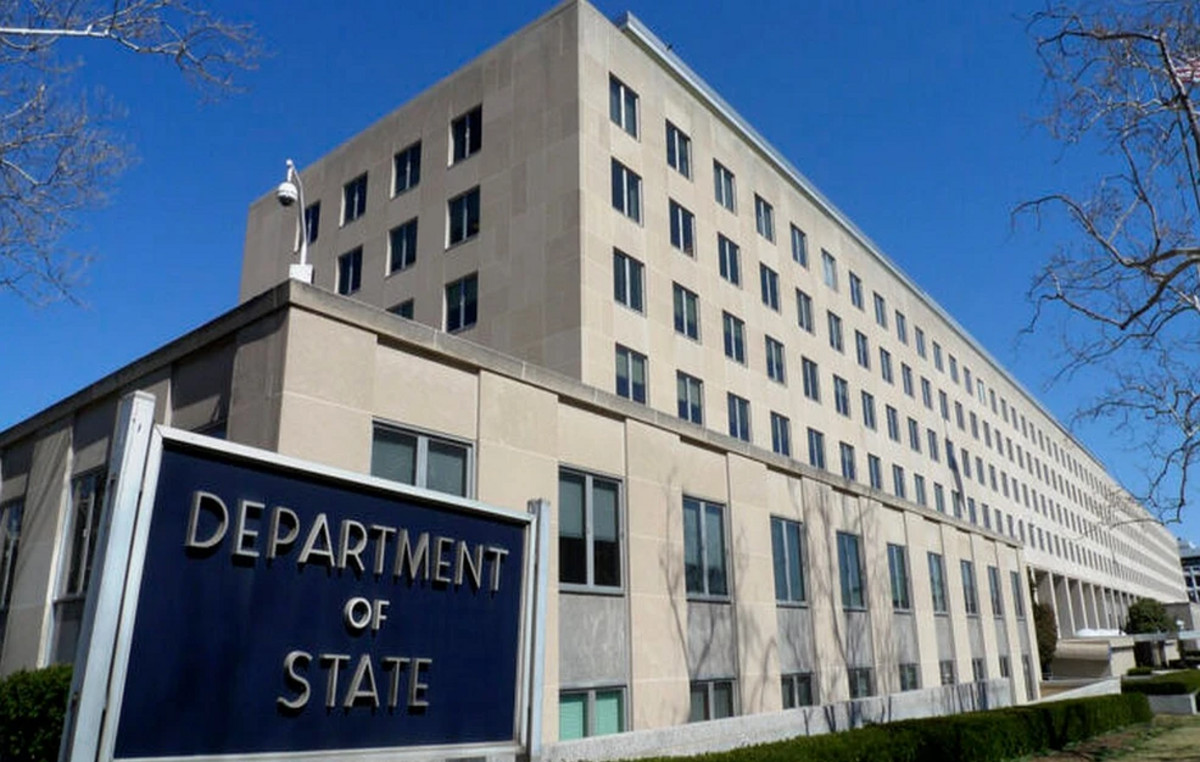THE space junk is a major obstacle for humanity, especially with the continued advancement of technology that allows us to send astronauts into space. Since the launch of the first satellites many scientists were already concerned about the pollution that this type of waste could cause in the future.
Recent studies on the topic confirm that space debris is one of the factors that aggravate the climate crisis . The problem is that this debris affects the planet’s climate and acts as a source of pollution in the atmosphere.
It is considered space debris any man-made object that is without functionality and remains in orbit around the Earth, such as out-of-operation satellites, rocket fragments and debris from collisions.
But the problem is not with the objects themselves: when they enter back into Earth’s atmosphere, they typically disintegrate — burning due to speed and friction — and can release particles into the atmosphere, including metals with the potential to worsen the situation. environmental crisis.
Space junk and the environmental crisis
In a study published in the scientific journal Proceedings of the National Academy of Sciences, a group of researchers describe that they managed to collect samples of the composition of rarefied air in the stratosphere, a distant region unaffected by pollutants produced on Earth.
Even so, researchers found a significant amount of aluminum copper and lead — metals that contribute to climate change.
If it were not affected by pollutants, the thin air in the stratosphere would still contain traces of these metals, but in much smaller quantities.
“We are finding this man-made material in what we consider a pristine area of the atmosphere. And if something is changing in the stratosphere — this stable region of the atmosphere — that deserves a closer look,” said Dan Cziczo, one of the study’s authors and a professor at Purdue University, in an official statement.
The article points out that the concentrations of these metals are similar to the proportion of chemical compounds used to manufacture satellites.
Effects of space debris on Earth
In addition to space debris, such as disused satellites and rocket debris that returns to the atmosphere, science indicates that the increase in space launches also contributes to the growth in the level of pollutants in the upper layers of the Earth’s atmosphere.
In recent years, the number of space launches has grown significantly, driven by the sending of satellites and manned commercial missions.
For example, SpaceX’s satellite megaconstellation and other similar systems have contributed to the significant increase in rocket launches.
In this case, the problem is that the fuels used in these space vehicles release pollutants, such as soot particles and other chemical compounds, which accumulate especially in the upper layers of the Earth’s atmosphere.
Some of the effects of pollutants generated by space debris and rocket launches include:
- upon return to the atmosphere, the satellites release aluminum oxides, compounds that can alter the planet’s temperatures;
- both sources of pollution contribute to the destruction of the ozone layer;
- scientists believe that 100,000 satellites will be around the Earth by the end of the decade;
- The amount of space debris burned in the atmosphere is expected to reach more than 3,300 tons per year.
The worst consequence of pollution in the upper regions of the Earth’s atmosphere is that it remains in that area longer and, consequently, causes more damage.
Despite this, research into the effects of rockets and space debris is still in its early stages; In other words, it is not yet possible to understand what all the consequences of these space pollutants will be.
In an interview with the website Space, astronautics professor Minkwan Kim claims that, if no international authority takes any action against this situation, these problems could cause irreversible damage to the planet.
“Starting earlier would probably mean a better chance of avoiding serious problems. Just like with carbon dioxide (CO2) emissions, if it happened sooner, we would have a better response to global warming”, argues Kim.
Scientists discover “black oxygen” produced at the bottom of the ocean
This content was originally published in Could space debris cause the next environmental crisis? on the CNN Brasil website.
Source: CNN Brasil
Charles Grill is a tech-savvy writer with over 3 years of experience in the field. He writes on a variety of technology-related topics and has a strong focus on the latest advancements in the industry. He is connected with several online news websites and is currently contributing to a technology-focused platform.







